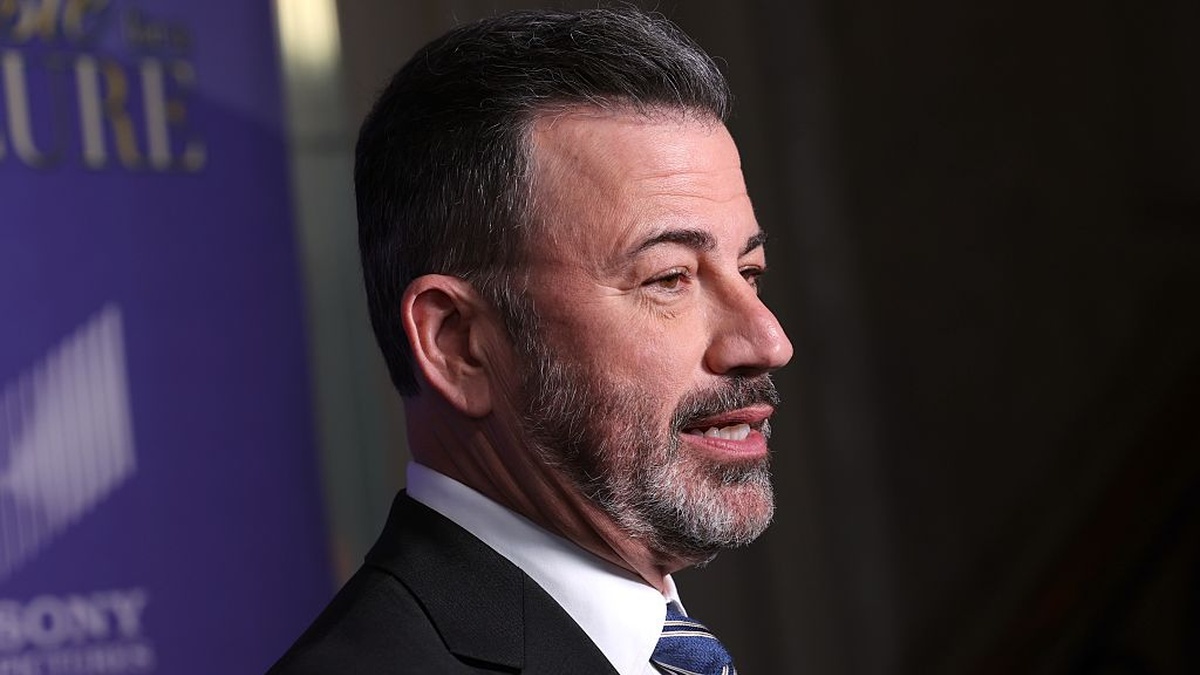The muggle world came crashing down on the head of Rupert Grint when he tried to use some wizardry with his taxes. And somehow, this is all The Beatles’ fault. Bear with us.
Okay, so everyone knows that at the height of their powers, The Beatles famously made the infamous song Taxman, where George Harrison moans about paying his taxes. However, perhaps what’s less known about the iconic group’s woes with the British tax authority, HMRC, is that The Beatles’ issues with them go so deep that they introduced a “Beatles clause” to deal with entertainers who try to convert their high-income tax into a relatively lower capital asset tax. Maybe we’ll get to see more of their tax woes in their 4-part Beatles biopic.
The H.M. Revenue and Customs first brought up a case against Grint for violating this same Beatles clause in 2019. The HMRC accused Grint of wrongly classing £4.5 million that he got from residuals from the Harry Potter franchise as a capital asset, as opposed to where it’s rightfully supposed to be classified — as income tax.
The dark arts tax maneuvering that Rupert Grint attempted in detail was to form a company called Clay 10 Limited in 2011, where his father, Nigel Grint, served as the company’s sole director. Then the plan was to transfer the rights of the residuals from DVD sales that Grint was entitled to, and from there, the company would file all the money collected from these sales as capital gains tax, which would only take 10% of the total amount made instead of the 50% that would be required at the time. That resulted in Grint paying £450,000, but after years in court, CNBC now reports that a judge finally determined the case and ordered Grint to pay the full £2.2M owed by saying every dime earned by Clay 10 Limited was “derived substantially the whole of its value from the activities of Mr. Grint.”
The Beatles clause is just evidence of how long of a concerning trend it has been for the rich and famous to find ways to live their life where they get preferential treatment, and people are growing sick of it. It’s not enough that Rupert Grint made $70M for his role in one of the most beloved franchises of all time — a lifetime opportunity for anyone — but he had to try and find a way to make the lucky break even more lucrative by trying to not pay his fair share of taxes.
People on X are, as usual, highly opinionated on the court ruling, with one user wondering why Rupert Grint can no longer get away with tax dodging, an activity the user considers rather common for celebrities.
Another user said that the move was very Voldemort of Grint cheekily stating, “I didn’t realize Ron Weasley was a tax dodging villain, ” while posting a link of Grint being ordered to pay the rest of the £1.8M ($2.3 million) owed to the HMRC.
Most of the users just made variations of jokes about how Grint’s tax spells must have failed.
And failed, they have. Hopefully, this will discourage more celebrities from coming up with uncanny ways of circumventing the responsibility we all must share. For Grint, this lesson seemingly will leave an even more sour taste in his mouth because, in 2019, he lost yet another case against HMRC over a £1M tax refund. Hogwarts was good at many things; teaching their students about tax was clearly not one of them. Maybe this is why Rupert Grint isn’t all that against going back to Hogwarts.











Published: Dec 1, 2024 08:00 am